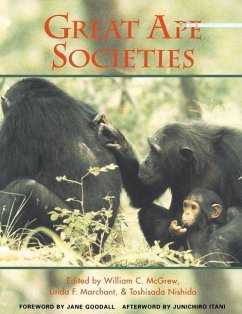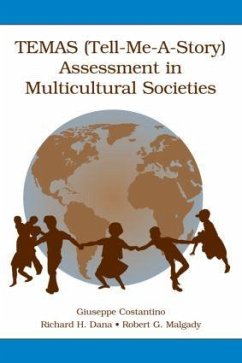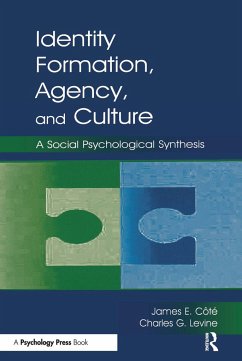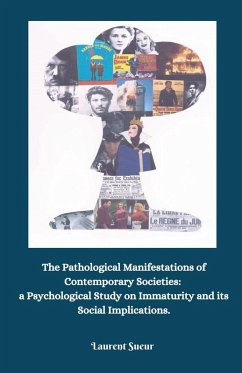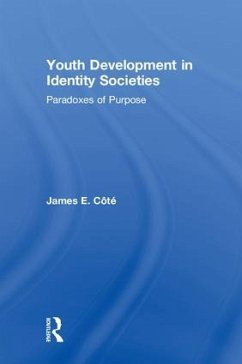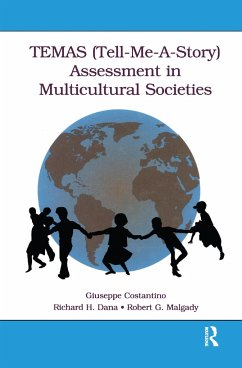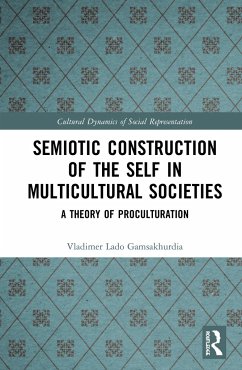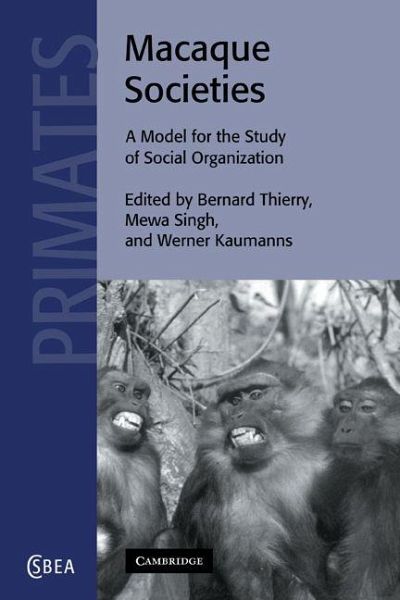
Macaque Societies
A Model for the Study of Social Organization
Herausgeber: Thierry, Bernard; Kaumanns, Werner; Singh, Mewa
Versandkostenfrei!
Versandfertig in 1-2 Wochen
64,99 €
inkl. MwSt.

PAYBACK Punkte
32 °P sammeln!
Animal and human societies are multifaceted. In order to understand how they have evolved, it is necessary to investigate each of the constituent facets including individual abilities and personalities, life-history traits, mating systems, demographic dynamics, gene flows, social relationships, ecology and phylogeny. By exploring the nature and evolution of macaque social organization, this book develops our knowledge of the rise of societies and their transformation during the course of evolution. Macaques are the most comprehensively studied of all monkey groups, and the 20 known species fea...
Animal and human societies are multifaceted. In order to understand how they have evolved, it is necessary to investigate each of the constituent facets including individual abilities and personalities, life-history traits, mating systems, demographic dynamics, gene flows, social relationships, ecology and phylogeny. By exploring the nature and evolution of macaque social organization, this book develops our knowledge of the rise of societies and their transformation during the course of evolution. Macaques are the most comprehensively studied of all monkey groups, and the 20 known species feature a broad diversity in their social relationships, making them a particularly good group for exploring the evolution of societies. This book will be of primary interest to those studying animal behaviour and primatology, but will also be useful to those involved in the study of human societies.





